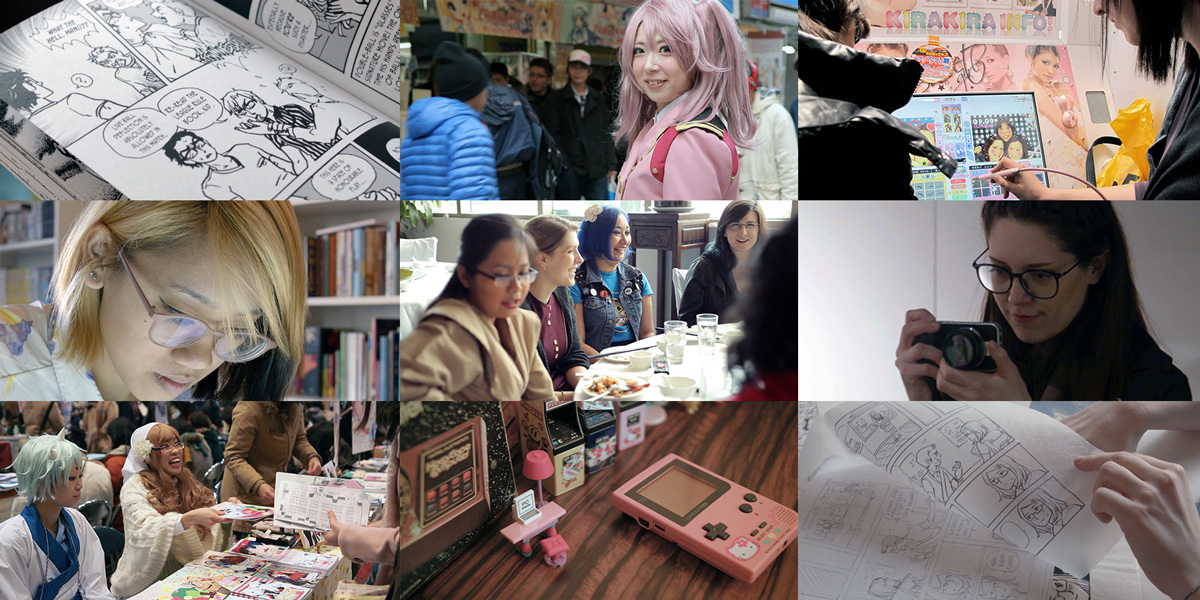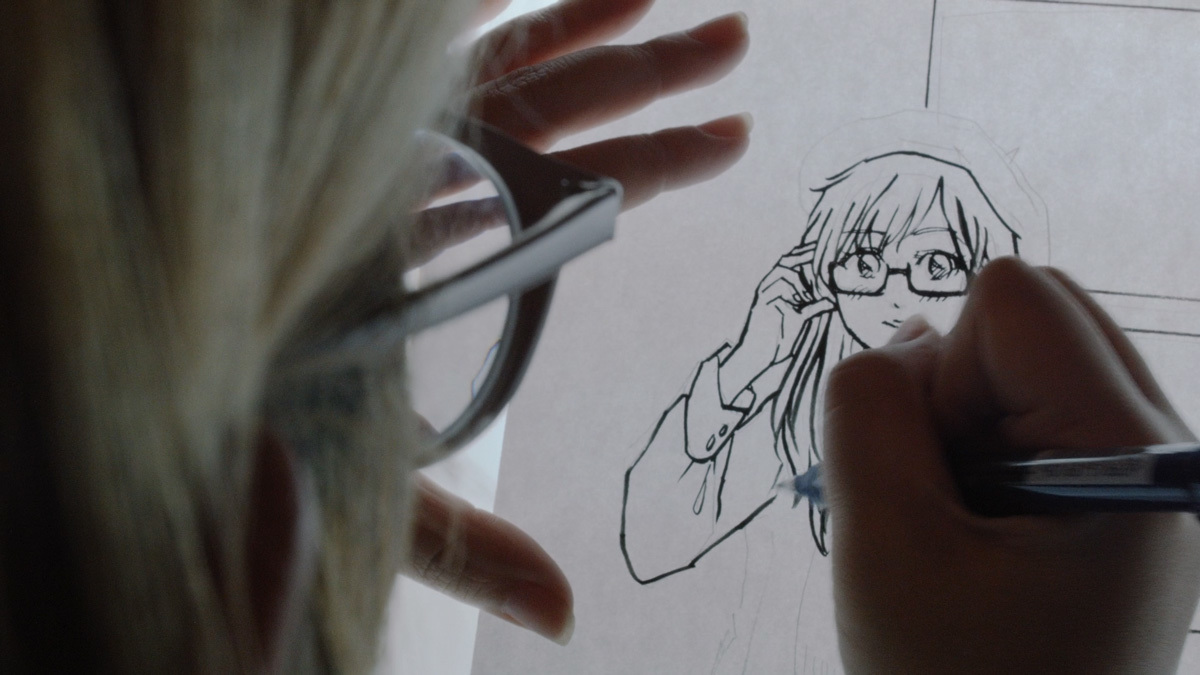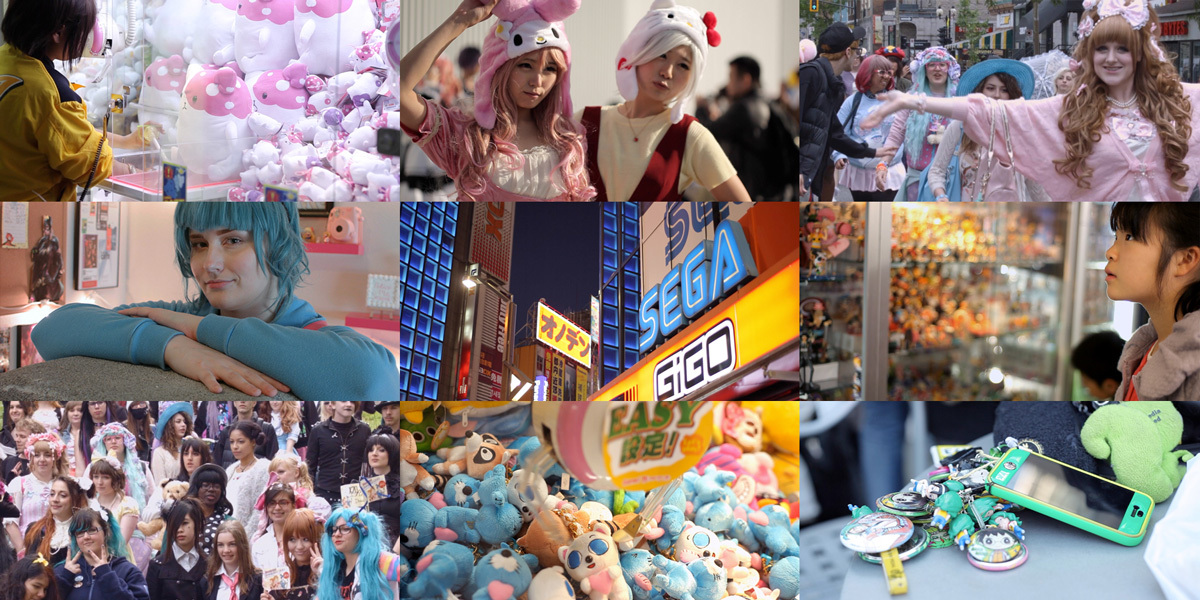The crap that female gamers — that is, women who play video games — have to deal with is unreal: comments about their looks, online harassment, rape threats, death threats. You need only look to the 2014 #GamerGate controversy. Zoe Quinn, a 27-year-old gamer and developer, was subjected to rape and death threats, and had her address and social-security number leaked online. The trolls were unleashed and she was forced to flee her home. “I can’t go home because they have been posting around my home address, often with threats attached to it,” she explained at the time.
The hate-filled campaign against Zoe began when her ex published a blog post naming a list of men she has allegedly slept with, some of whom are video game journalists, one of whom allegedly reviewed a game she made. The trolls claimed #GamerGate was about questioning the dubious relationship between journalists and developers. Yet those threatening to rape Zoe and kill her family didn’t question so much as bully. In reality, their campaign was intended to silence women and discourage others from entering a world that some male gamers think they own. The root of #GamerGate was male entitlement, mansplaining, and misogynistic brutality; not journalistic ethics.
Despite this toxic atmosphere of intimidation, a handful of female gamers are today willing to plant their flag in the world they love. In the new doc Geek Girls – the first feature-length doc about ‘geeky’ women – Canadian filmmaker Gina Hara enters a world filled with professional gamers, comics, anime, fake names and fandom. She speaks to everyone, from an actual NASA rocket scientist to ‘Canada’s Smartest Person’ (aka professional gamer Stephanie Harvey). Her film, while unearthing the hidden side of nerd culture, is a punch-the-air celebration of girl gamers, girlhood, and geekdom.

When I speak to Gina, she shares her own experience of being a female gamer and her frustrations with all the sexist bullshit that it entails. “I was on Twitch for a while, playing Mindcraft, and it was just unbearable,” she says, “half of the comments were about how I look. And I thought, what does that have to do with anything? It’s just like, I don’t wanna experience that, nobody wants to hear those kinds of things.”
Part of the problem, she explains, is the visibility of women in gaming culture, which encompasses gamers, developers, and reviewers. Paraphrasing Rachel Simone Weil,a developer Gina meets in the film, she says: “Some of these guys have never seen a woman programmer, or a woman who likes to play games, so they’re growing up alone in their geekdom and assuming that a woman cannot programme because they’ve never seen a woman programming, while men have always been very visible as gamers and programmers.”
Of course, gamer-geek stereotypes don’t help. They feed into how people view gamers, as if all gamers fit the mould of Comic Book Guy from The Simpsons, the fat slob with the holier-than-thou attitude. “I hope to challenge that stereotype a bit. Like, look at these women; they’re brilliant and beautiful and smart and they’re going out there and doing incredible things.”

These women include Mariko McDonald, a game developer who runs a blog called Gamerwife; Rebecca Cohen-Palacios, a developer at Ubisoft and co-founder of Pixelles, a non-profit organisation dedicated to empowering more women to make games; and Stephanie Harvey, a pro gamer and developer who describes gaming as the place where she has, “my purest emotions and my clearest mind”. Not only are these women challenging the notion of what a gamer is, they’re inspiring younger girls to believe in themselves and follow their dreams, all the while flipping a defiant middle finger to the trolls.
Understandably, though, not many female gamers are willing to go on camera and potentially face online abuse. “The more public you are,” Gina explains, “the harassment and threats just grow exponentially.” As for guys, they might be mean to each other and criticise each other’s skill, but it’s comparatively tame. “With guys it’s never about their genitals or what they should be doing with their hair.”
Gina is not alone in challenging sexism and stereotypes in gaming. Tropes vs. Women in Video Games is a video series on YouTube that analyses sexist stereotypes in games — like the damsel in distress who needs to be saved by a big strong man. The series’ creator Anita Sarkeesian is, as her name suggests, a woman, and as a woman who talks about these things she received rape threats and had her home address leaked online. Like Zoe, she fled her own home in fear, later tweeting: “I’m not giving up. But this harassment of women in tech must stop!”

“We’re just humans playing games, wanting to escape,” Gina says. One problem is – for young girls especially – finding those games that light a fire inside them. Maybe they don’t wanna drive a car into a prostitute; maybe they don’t want to pretend they’re a sniper hunting Nazis. “I think a lot of women feel like, ‘Oh, these games are not made for me so games are not meant for me.’ That’s why you need more women making games. I think it’s the same in filmmaking, because then more kinds of people can relate to the stories you’re telling.”
Right now there are some pretty major misconceptions about girls in gaming. One, I’m told, is that girls are in games simply to get a boyfriend or please their boyfriend. Which is laughable, smacks of ignorance and, as anyone who views Geek Girls will see, is completely false. But with more women stepping into the spotlight, challenging tropes and refusing to be silenced, change is on the horizon.
First comes visibility and awareness. And Geek Girls, with its fist-in-the-air defiance and spirit of female camaraderie, is definitely a stride in that direction. So girl gamers of the world, take a bow.
Credits
Text Oliver Lunn
